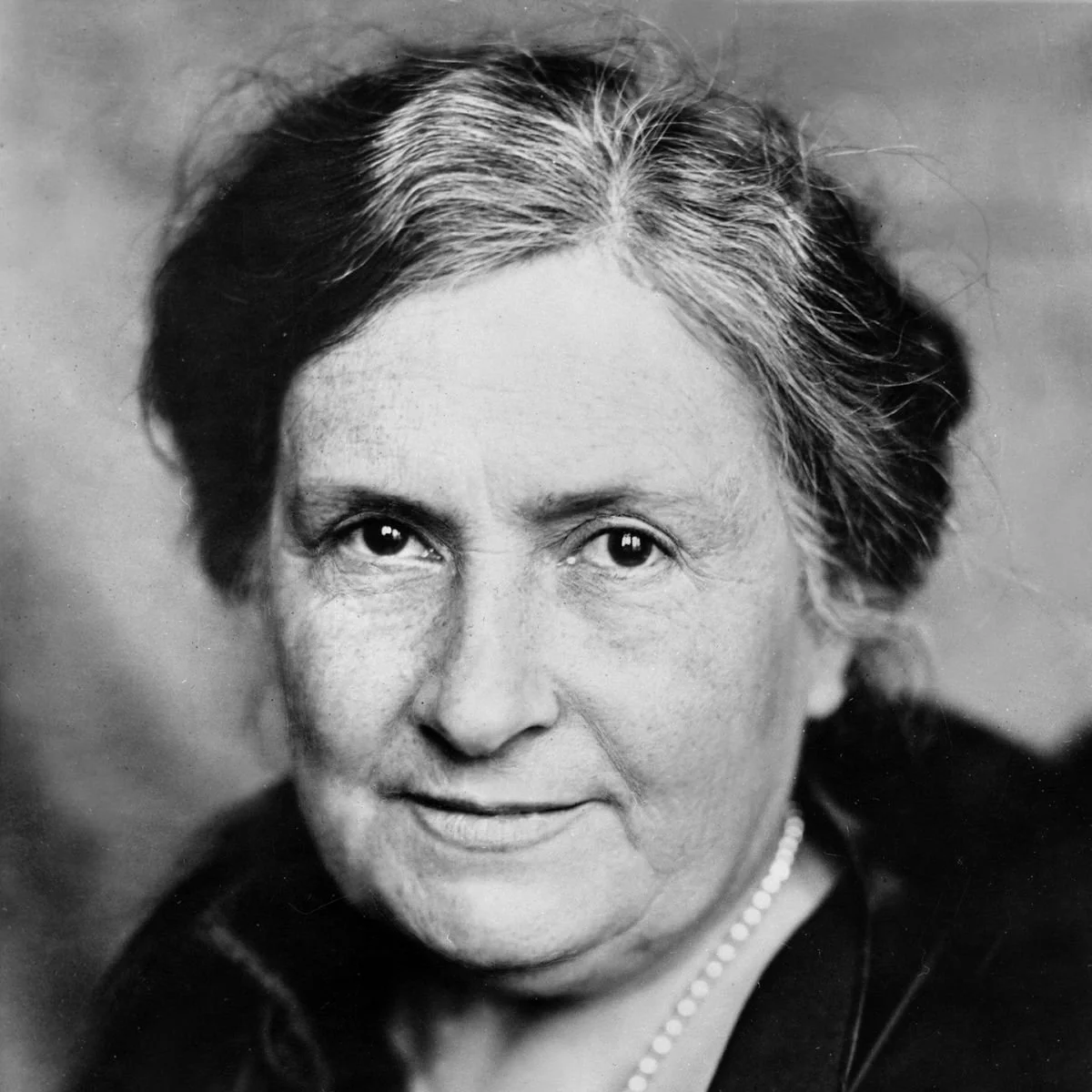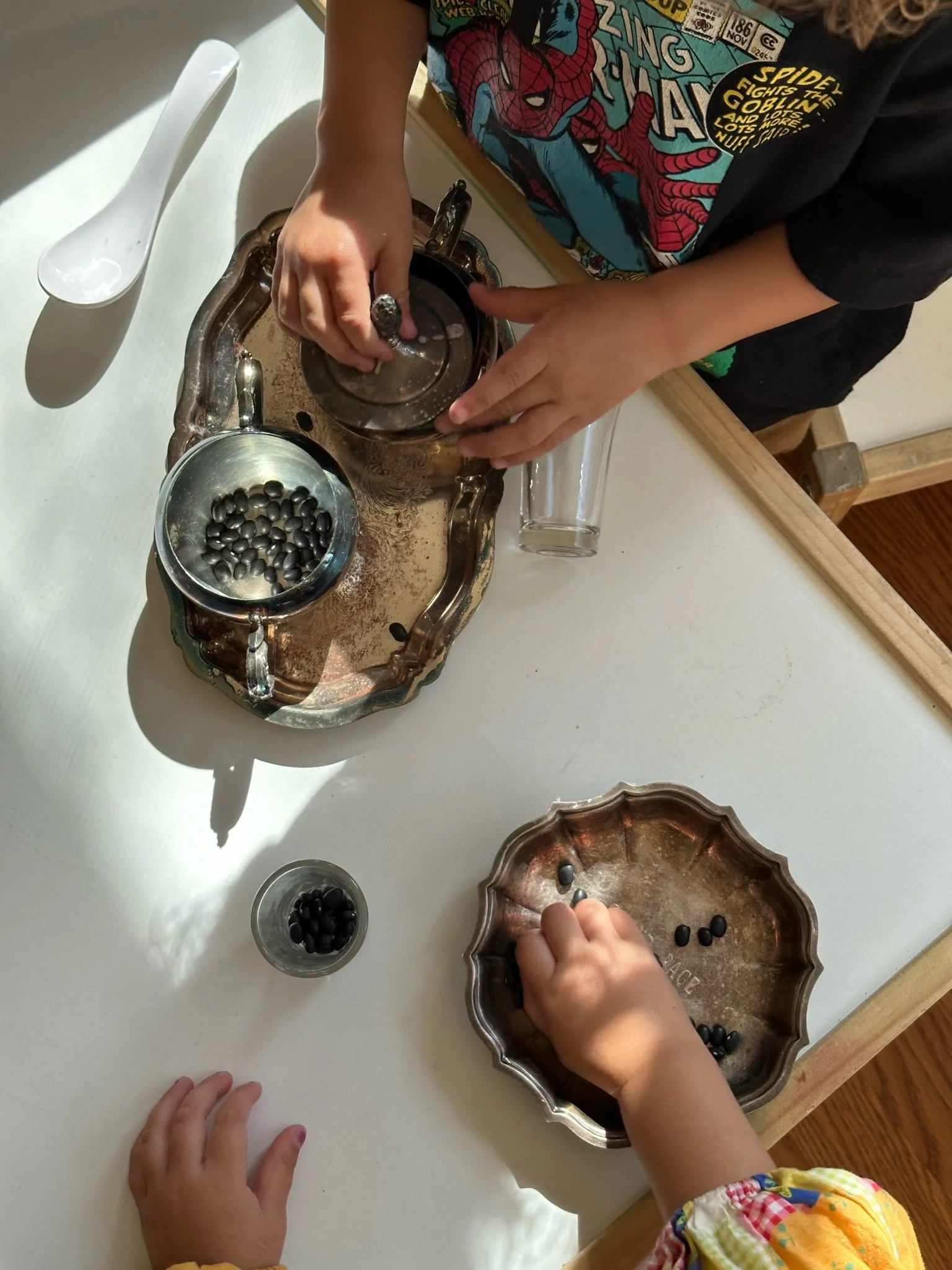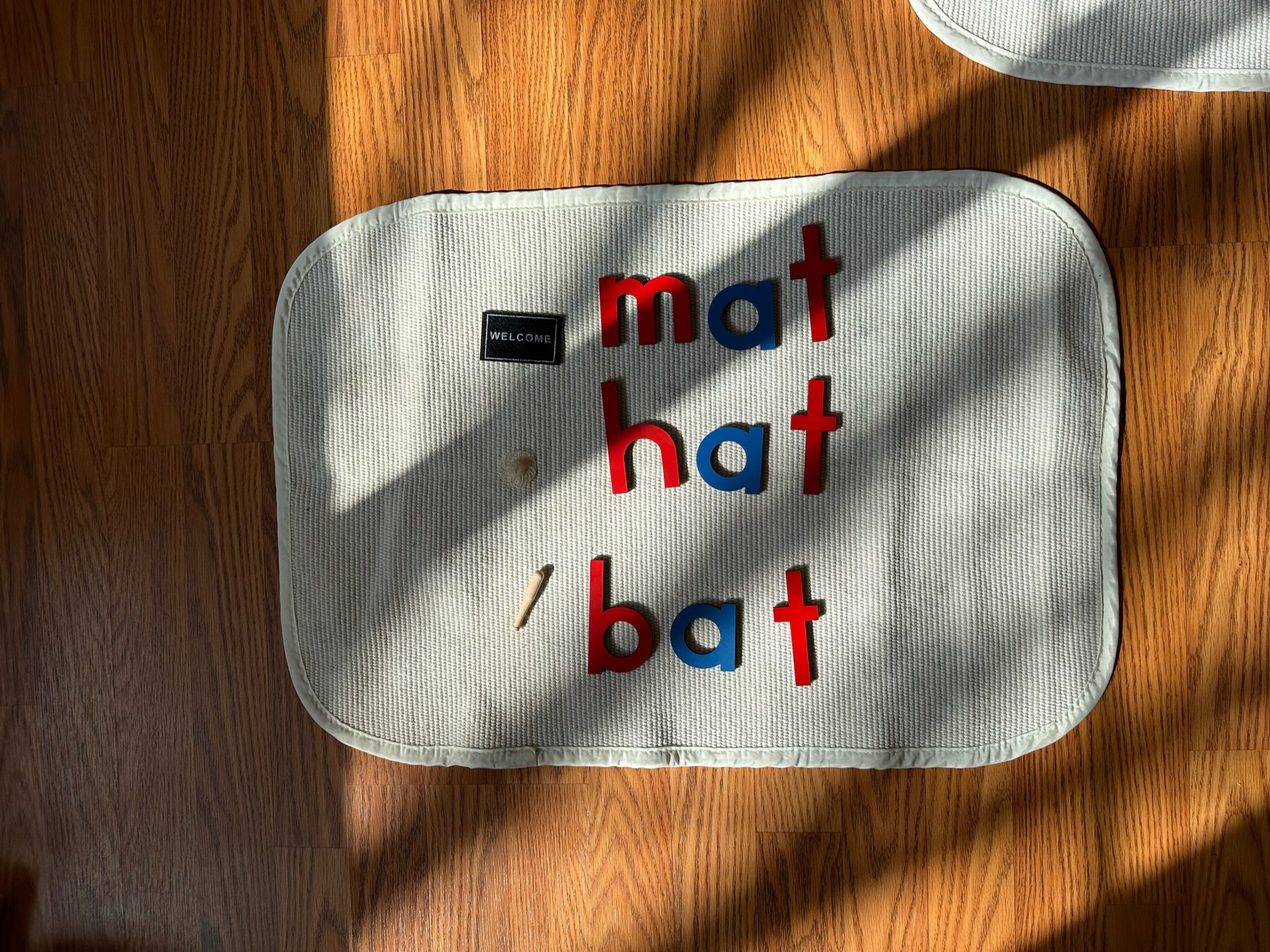The Program
We believe that education is a journey that should be as unique and dynamic as each child we serve. Our holistic approach combines the best practices from Montessori, Reggio Emilia, and Waldorf educational philosophies to create a nurturing and enriching environment where children thrive.
-

Dr. Maria Montessori
Maria Montessori was an Italian physician and educator who pioneered the Montessori method of education. Her work emphasized the importance of a prepared environment and child-centered learning. She believed that children learn best through hands-on experiences and self-directed activities, leading to the development of their independence and intellectual capabilities.
Our Montessori program is designed to foster independence and a love for learning. With individualized learning plans, children explore at their own pace in a prepared environment that promotes hands-on, self-directed learning. Practical life skills, sensorial education, and strong academic foundations in math, language arts, and cultural studies are key components of our curriculum.
-

Loris Malaguzzi
Loris Malaguzzi, an Italian educator, founded the Reggio Emilia approach after World War II. He emphasized the importance of a child-centered curriculum, collaboration between children, teachers, and parents, and the learning environment as a key component in education. His approach encourages children to explore their interests deeply through project-based learning.
Our Reggio Emilia-inspired curriculum encourages deep exploration and collaboration through project-based learning. Classrooms are designed to be inviting and conducive to discovery, with a strong emphasis on documenting children's learning journeys through visual displays and portfolios.
-

Rudolf Steiner
Rudolf Steiner, an Austrian philosopher, founded the Waldorf education method. His philosophy integrates academic, artistic, and practical skills in a holistic manner. Steiner believed that education should address the whole child—mind, body, and spirit—and follow the natural rhythms and developmental stages of children.
IIncorporating the Waldorf philosophy, our program nurtures creativity and imagination through arts, storytelling, hands-on activities, and play. We focus on the holistic development of each child, addressing their physical, emotional, intellectual, and spiritual growth. Our curriculum follows natural seasonal rhythms, integrating seasonal activities and festivals, and emphasizes the whole literature approach by using rich literary works to enhance language development and comprehension. Play-based learning is also a key component, with imaginative, unstructured, and nature-based play supporting social, emotional, and cognitive development, especially in the early years.

Jain’s Curriculum
Language Arts
Our robust literacy program combines explicit, multi-sensory instruction with the whole literature approach. Techniques from Montessori, Orton Gillingham, Heggerty, The Science of Reading, and Lindamood-Bell are infused into our lessons to enhance phonics, vocabulary, grammar, reading comprehension, writing, and oral communication. Students are exposed to a variety of literary works from different genres and authors, fostering a love for reading and critical thinking.
Mathematics
Our mathematics curriculum is built on the Montessori method, using hands-on materials to provide a concrete understanding of abstract concepts. Daily lessons are designed to build a solid foundation in number sense, operations, geometry, measurement, and data analysis. We emphasize problem-solving skills and critical thinking through practical applications and real-world scenarios.
Science
The science curriculum encourages inquiry-based learning, fostering curiosity and exploration. Students engage in hands-on experiments and project-based activities to discover the world around them. They learn to observe, hypothesize, experiment, and draw conclusions, integrating their findings with nature through frequent outdoor activities. Topics covered include life sciences, earth sciences, physical sciences, environmental science, and basic engineering principles.
Social Studies
The social studies curriculum promotes understanding of the world through thematic units and project-based activities. Students learn about different cultures, traditions, and historical events, fostering empathy and global awareness. Emphasis is placed on community engagement and civic responsibility, with topics covering geography, history, civics, cultures, and community studies.
Art
Inspired by the Waldorf philosophy, our art curriculum nurtures creativity and imagination through painting, drawing, handcrafts, and drama. Artistic activities help develop fine motor skills, coordination, and a sense of aesthetics. Art projects are often integrated with other subjects to enhance learning and understanding, exploring techniques such as painting, drawing, sculpture, collage, and mixed media.
Nature Unit
Our nature unit emphasizes outdoor learning experiences, connecting students with the natural environment. Students learn about sustainability, conservation, and the importance of caring for our planet through hands-on activities such as gardening, nature walks, wildlife observation, and environmental projects. Topics covered include ecosystems, plant and animal life cycles, weather patterns, and natural resources.
Daily Schedule
Our school day runs from 8:00 AM to 3:00 PM, Monday through Friday, including a blend of structured lessons, independent work periods, group activities, and outdoor play.
Progress & Assessment’s
We conduct continuous formative assessments to monitor student progress and adjust instruction accordingly. Each student has an individualized learning plan that is regularly updated based on their progress and needs. We provide parents with regular updates through meetings, report cards, and our parent communication app, fostering a collaborative approach to each child's growth and development.



